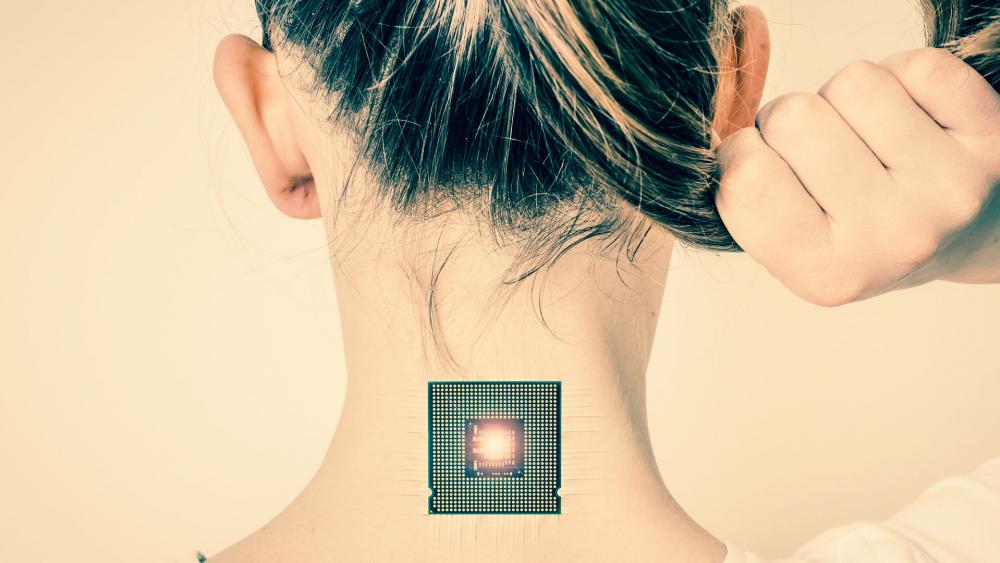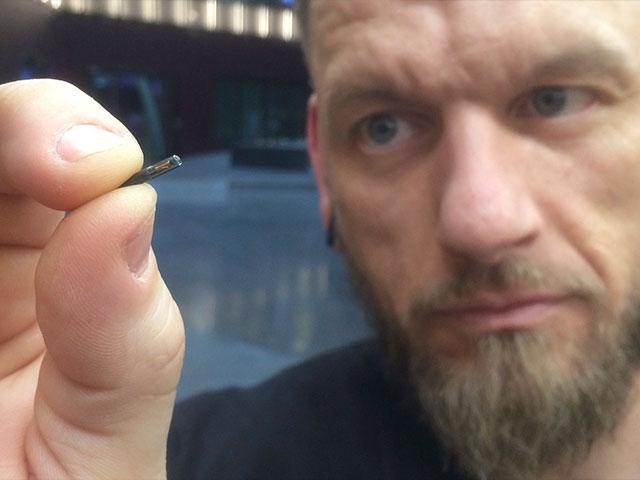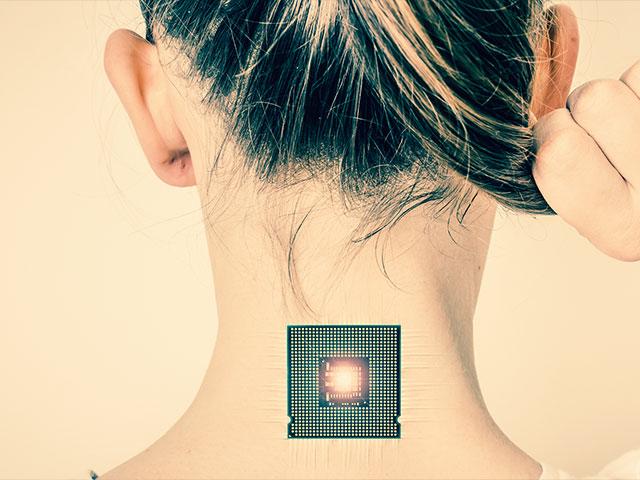Experts admit that, so far, getting humans to adopt microchip implants has been a tough sell. Many Christians reject them because of concern they could be a prelude to "the mark of the Beast" which Revelation chapter 13 says will be "a mark on their right hand or on their foreheads."
But the marketing "tipping point" for implantable chips, writes The Atlantic, will come "when they become so useful they're hard to refuse; when their benefits outweigh our anxieties about them. It could happen sooner than you think."
Right now, thousands of people in countries like Germany and Sweden have already opted to get chipped for easier financial transactions. Sven Becker, head of "I am Robot," tells Euronews that 2,000 to 3,500 people in Germany have implanted a microchip under their skin "as a substitute for key cards to the gym, office, and house."
But some believe medical and health monitoring features will be what takes implanted chips mainstream.
Kayla Heffernan, a researcher in the department of computing and information systems at the University of Melbourne's School of Engineering, told The Atlantic people are already used to putting devices in their bodies.
"Pacemakers are routine surgery. Plastic surgery is less taboo now," Heffernan said. "Hundreds of thousands of American bodies now contain cochlear implants, IUDs, nerve stimulators, artificial joints, implantable birth-control rods, and beyond. So as we've become more comfortable with this, 'insertables' become more acceptable."
In Sweden, a pioneer in what's known as "biohacking (adding cybernetic devices to living things)", as many as 4,000 people have implanted microchips, usually for convenience features, essentially turning their hands into contact-less credit cards, key cards, and even railcards. The microchips are injected into the back of the hand between the thumb and index finger.
But more people than just Christians oppose the biohacking trend. The website Futurism calls it a "digital security nightmare."
Besides being vulnerable to hackers, a chip implanted in your body means, "They could track where you are, how long you take for lunch every day, or how many times you went to the bathroom if the chip were scanned by a reader," Futurism writes. "And opting out of this kind of data collection is a lot more convoluted when you've got a chip implanted in your bodily tissues. If you want to go off the grid in even the smallest way, you can leave your wallet at home, but removing a microchip requires a bit more, uh, effort."
Did you know?
God is everywhere—even in the news. That’s why we view every news story through the lens of faith. We are committed to delivering quality independent Christian journalism you can trust. But it takes a lot of hard work, time, and money to do what we do. Help us continue to be a voice for truth in the media by supporting CBN News for as little as $1.











 Support CBN News
Support CBN News









